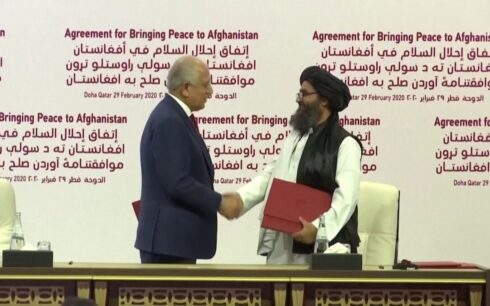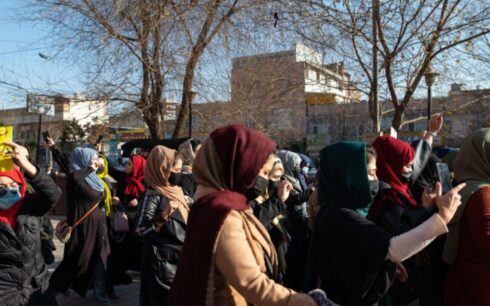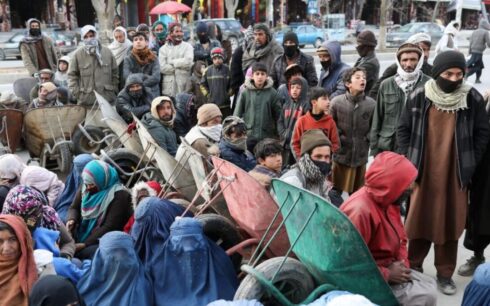The United Nations Office for the Coordination of Humanitarian Affairs (OCHA) has reported a 30% increase in humanitarian access incidents in Afghanistan in January 2024 compared to December 2023.
The UN agency recorded 137 incidents in January, up from 97 in the previous month. According to OCHA, 75 projects were suspended in January due to access constraints, with 60% still halted as of February.
The most common issues reported were interference in humanitarian activities, environmental challenges, and restrictions on populations’ access to services. Notably, 22 of the 137 incidents involved limitations on female participation, including restrictions at distribution sites and health facilities, and enforcement of strict dress codes for women.
Banafsha, a former aid worker, shared her experience: “I lost my job after our project was suspended due to Taliban restrictions. I’ve been unemployed for three months.”
OCHA also noted a 46% rise in violence against humanitarian personnel and assets in January, leading to the arrest and detention of 13 staff members, who were later released.
The Taliban have not responded to OCHA’s report.
Since the fall of the previous government, Afghanistan has faced severe economic challenges, with over half of its population requiring humanitarian aid. Residents in Herat have voiced concerns about rising unemployment and insufficient aid.
“We live in a tent. The government should care for the needy,” said a Herat resident. Another added, “Women’s health issues are ignored. Aid is distributed to men, leaving women without support.”
This comes as international aid to Afghanistan has diminished following the Taliban’s imposition of repressive policies on women and girls, limiting their access to education and employment.





